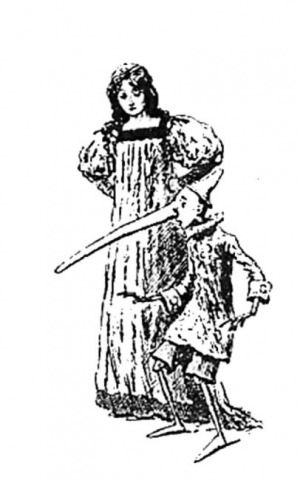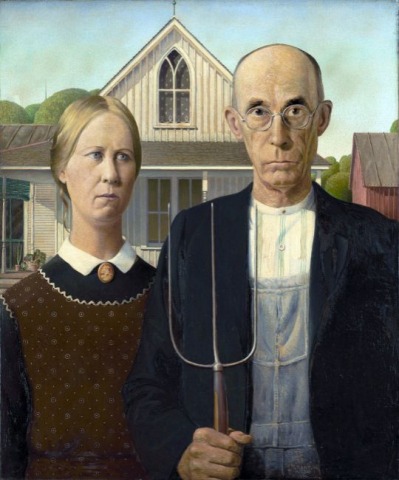
Under duress, the Secretary of State has finally turned over her private email server to the FBI. Her apparent serious violation of national security laws should certainly be investigated – but in an executive branch in which the administration of justice is so regularly harnessed to political ends, why does the FBI bother?







